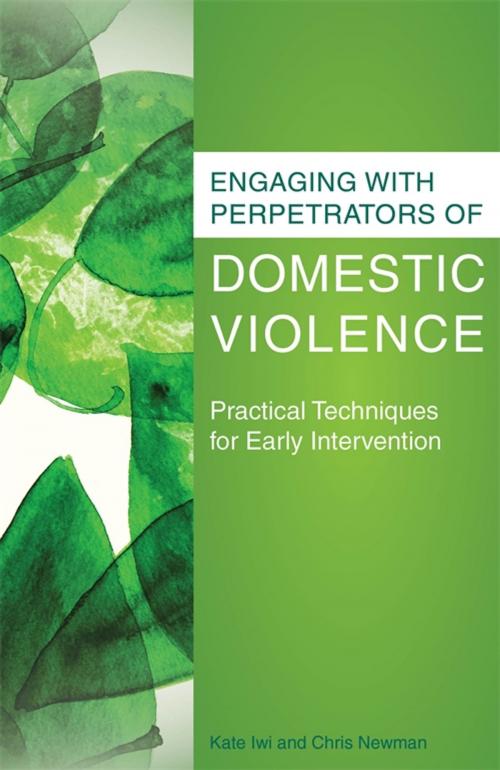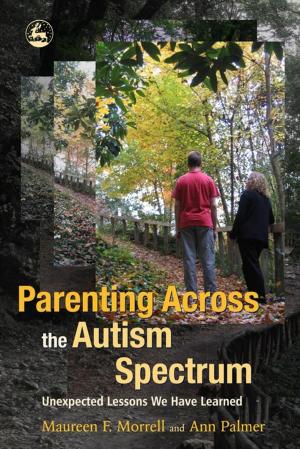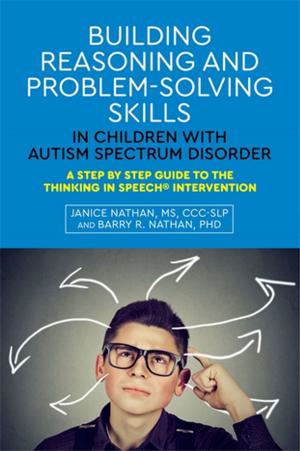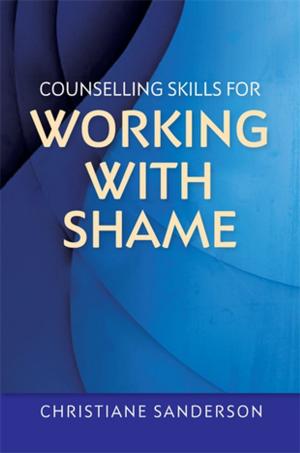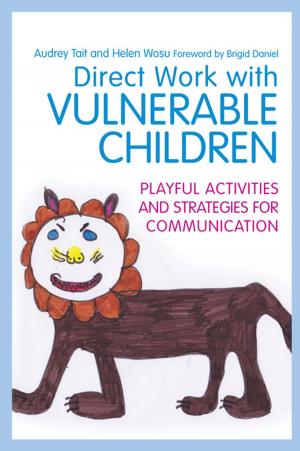Engaging with Perpetrators of Domestic Violence
Practical Techniques for Early Intervention
Nonfiction, Social & Cultural Studies, Social Science, Social Work, Family & Relationships, Family Relationships, Abuse| Author: | Chris Newman, Kate Iwi | ISBN: | 9780857007384 |
| Publisher: | Jessica Kingsley Publishers | Publication: | January 21, 2015 |
| Imprint: | Jessica Kingsley Publishers | Language: | English |
| Author: | Chris Newman, Kate Iwi |
| ISBN: | 9780857007384 |
| Publisher: | Jessica Kingsley Publishers |
| Publication: | January 21, 2015 |
| Imprint: | Jessica Kingsley Publishers |
| Language: | English |
Child protection and family workers can complete training without learning about how to work with domestic abuse perpetrators - but intervening at an early stage can make a real difference to increasing family safety.
This concise book equips practitioners with the knowledge and techniques they need to make the most of limited client contact with perpetrators. It outlines how to briefly assess perpetrators, how to prepare them for a perpetrator programme, and describes a range of interventions that can be used to reduce the risk they represent in the meantime. Drawing on approaches from motivational work, anger management, CBT and feminist models, but written in practical and easy to follow language, the book provides guidance for carrying out interviews and assessing risk, how to use safety plans, signals and time outs, understanding the impact of abuse on victims, how to analyse incidents of abuse and how to make an effective referral.
This reliable guide is a useful reference for any child protection worker wanting to make the most of the valuable opportunity they have to engage with domestic violence perpetrators.
Child protection and family workers can complete training without learning about how to work with domestic abuse perpetrators - but intervening at an early stage can make a real difference to increasing family safety.
This concise book equips practitioners with the knowledge and techniques they need to make the most of limited client contact with perpetrators. It outlines how to briefly assess perpetrators, how to prepare them for a perpetrator programme, and describes a range of interventions that can be used to reduce the risk they represent in the meantime. Drawing on approaches from motivational work, anger management, CBT and feminist models, but written in practical and easy to follow language, the book provides guidance for carrying out interviews and assessing risk, how to use safety plans, signals and time outs, understanding the impact of abuse on victims, how to analyse incidents of abuse and how to make an effective referral.
This reliable guide is a useful reference for any child protection worker wanting to make the most of the valuable opportunity they have to engage with domestic violence perpetrators.
